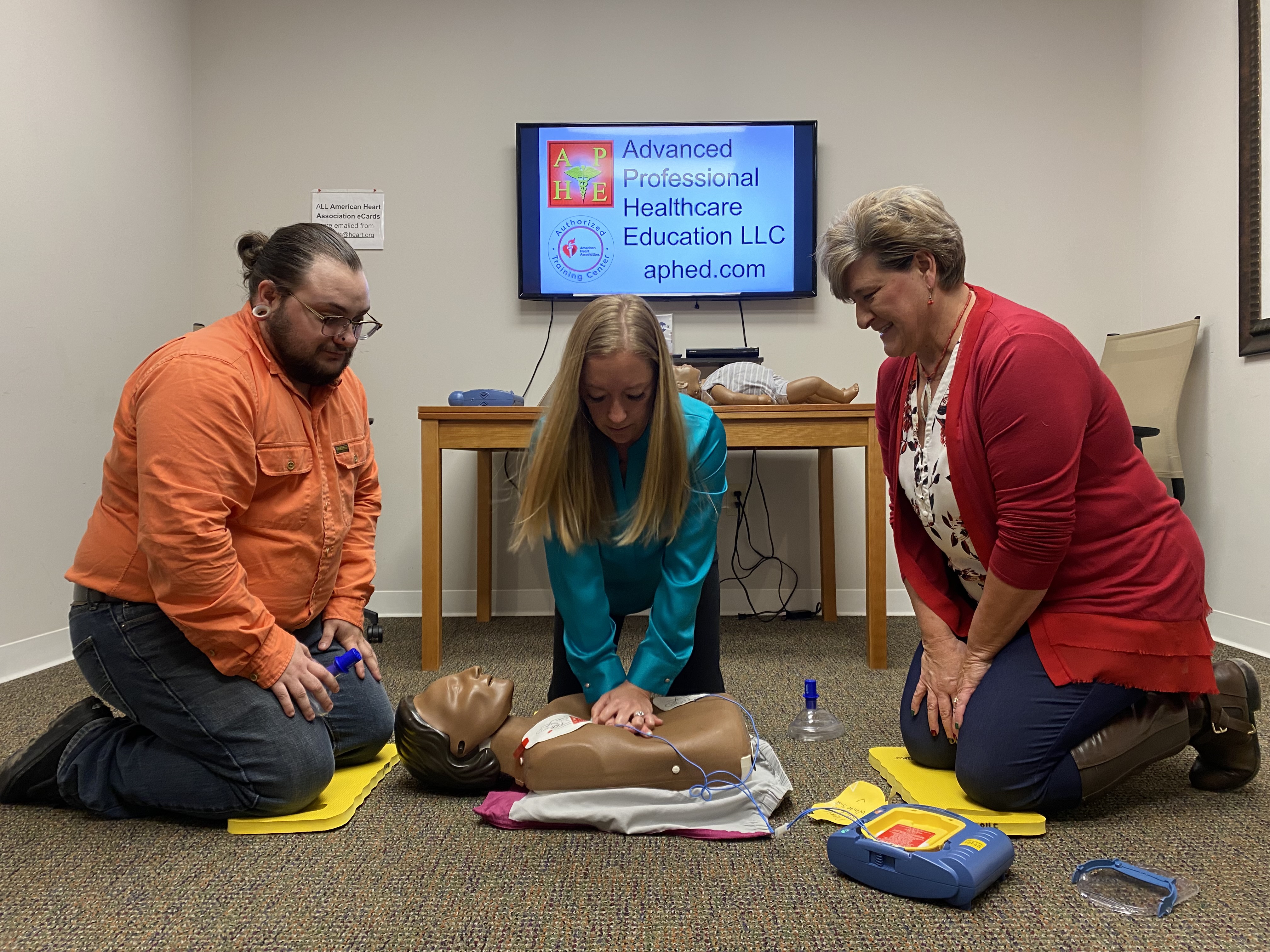MILWAUKEE (CBS58) -- Learning how to react during a cardiac arrest can be the difference between life and death when someone's heart stops pumping.
"People can have [cardiac arrest] induced by things such as trauma, and then if people have underlying heart diseases, coronary disease, that put them at risk for heart attacks, that could cause cardiac arrest," President of the Greater Milwaukee American Heart Association Dr. Tom Wozniak said.
For Adam Fritsch, the President of Advanced Professional Healthcare Education (APHE), teaching people who work in health care, school children, and local workplaces how to perform CPR is a passion. He encourages people to not think twice when a medical emergency happens.
"If there is a person who collapsed and you're not sure if you should do CPR, do CPR," Fritsch said. "For every minute that a person goes without CPR after their heart stops, they have a 10% reduction in their chance for survival. So, after 10 minutes, almost no one will survive if their heart has stopped."
Fritsch said that making sure the scene is safe to perform CPR is crucial to ensure the safety of everyone. He makes it clear that though we may think of CPR as something we will never need to perform, the chances of someone needing it in front of us are high.
"Seventy percent of the people that die from cardiac arrest do so out of the hospital. So, the average person knowing this is absolutely critical," he said.
Making sure that the CPR you are giving someone is effective will increase their survival rate.
"Ineffective CPR is no better than no CPR," Dr. Wozniak said. "It's very important that the compressions are done properly and can generate a pulse for the patient."
In Wisconsin, 911 dispatchers are required by law to give callers instructions on how to give someone CPR.
Aside from physically giving CPR, automated external defibrillators, or AEDs, can be used to diagnose life-threatening cardiac emergencies. They use electricity to defibrillate the heart to revive its normal rhythm and provide users with the instructions needed to use them.
If you are interested in signing up for CPR and first aid classes at APHE Wisconsin, visit their website.















